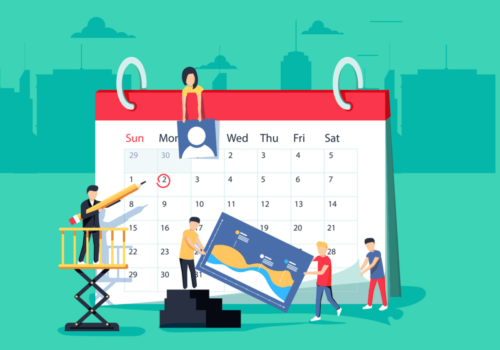Today We’ll Look At If Your Content Has Been Plagiarized And How To Deal With It?
Plagiarism is actually copying parts or whole work of somebody else and presenting it as your sole effort. From an ethical point of view, plagiarism is as bad as it can be, particularly for academics and others in the education sector where it is often considered as anathema.
However, since virtually almost everything that today exists has been invented and re-invented again in the past, can we really speak about plagiarism as it is always stealing, or can we maybe choose to look at some of it as borrowing which is done for good reasons?
For example, don’t you think the good works of others can inspire us to create even better works? To improve something you must first borrow from the original or imitate a few of its aspects and then develop on that basis.
The new creators feel their product is original since they only took the previous creators’ initial ideas as a source of inspiration to build something better.
Even when writing a school paper or essay, if you just get the information and acknowledge the original authors you are only doing a good research, and not contributing with your creativity and new ideas. Borrowing from others should be encouraged in the academic sphere also since it helps promote intellectualism.
You would expect the Internet is developed enough that it is now impossible for someone to steal others content and not get caught, but the truth is that despite technology the online plagiarism still thrives and even the search engine giant Google is struggling with it, constantly developing new ways to combat the problem.
We must all guard ourselves against this “bug” that won’t go away, and especially the freelance writers who earn their living writing articles online.
How can you find out if your work has been plagiarized?
Google Alerts
Google will tell you if there are duplicates on the Internet of the content that you’ve published. You can either check for them manually, by copying certain unique sentences in the search box using quotation marks to ensure the results you’ll get are most accurate for the exact word structure you’ve used, or you can cut down the needed time for this activity and set up Google Alerts so Google will regularly inform you on your email when new work gets published online that matches the entered search queries.
Anti-Plagiarism Tools and Software
To stay protected against plagiarism you can also use plagiarism checking tools and software. One of these unique checking algorithms is a plagiarism checker which scans your content for duplicates against all web pages and provides a report that highlights the sections and sentences that need to be cited and lists all used sources.
Your Content Has Been Plagiarized! What now?
First calm down. You know the saying “Don’t make decisions when you are angry”? It’s true – you can’t expect to think rationally with all that anger inside. Here’s what you can do:
-
Investigate the case on your own before you make an action and gather as much evidence as you can to proof your original work has been stolen. Take screenshots if you can.
-
It isn’t plagiarism if the crook has used your work on his blog or website acknowledging you as the original author, just didn’t inform you about it. It can be considered as a copyright violation, but in most cases these situations are best solved by contacting the plagiarists and asking him politely to remove the unauthorized work from his website.
-
Stay professional and don’t make any public angry comments if you notice someone has plagiarized your work. Contact them on their email and ask them to remove your content from their blog or website. If nothing happens report the issue to their blog platform or hosting service.
-
If none of these actions gives results you can always retaliate by telling your honest story on your blog and embarrassing the culprit on social networks like Facebook and Twitter. The world is actually pretty small, particularly if a bad news is travelling.
-
You can also file a DMCA complaint to Google. They are very serious about these complaints and will lower the rankings of the websites with lots of valid copyright removal requests.
-
At the end, you can always sue the plagiarists but be prepared for all the stress and lawsuit expenses you’ll have to take care of.
Take these steps and you will be able to combat the person who stole your data.
Note: All Image credits to pixabay.com







